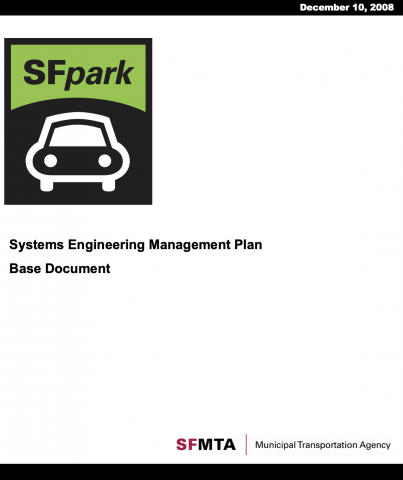Risk management is the systematic process of planning for, identifying, analyzing, proactively addressing, and monitoring project risks. A project risk is the expectation of an uncertain event or condition that, if it occurs, can have a significantly negative or positive effect on a project objective.
Most risks are associated with negative outcomes, and can be called threats. The challenge in developing any project is to prevent the threatening condition from occurring, and mitigating its impact if it does happen. Risks, normally viewed as threats, can also include uncertain events that result in a positive outcome. These can be thought of as opportunities rather than threats. An example is an unexpected funding windfall, or an unexpected low price for one or more major system components. In this case, the challenge is to facilitate occurrence of the opportunistic condition and to be in a position to take full advantage of it if it does occur.
The following table identifies major risks, their causes, and planned proactive mitigation measures to address the risks. The likelihood, or probability of an event occurring, and its impact on the project has been rated on a number scale of 1-4, from low to high.
Defines standard
Replaced/Superseded by document(s)
Cancelled by
Amended by
| File | MIME type | Size (KB) | Language | Download | |
|---|---|---|---|---|---|
| SFpark Systems Engineering Management Plan Base Document .doc | application/msword | 727 KB | English | DOWNLOAD! |
Provides definitions
Introduction
This is the base document of the Systems Engineering Management Plan (SEMP) for the San Francisco Municipal Transportation Agency’s (SFMTA) Urban Partnership Program-funded SFpark pilot projects. This base document has basic information about the pilot projects as a foundation for the documents that form the SEMP.
The SEMP is intended to serve as a guidebook for the SFMTA project team and its vendors throughout the course of the project that follows the systems engineering approach to project completion. The SEMP will identify tasks to be completed, and summarize the project schedule, tasks, responsibilities, and how the final products will be integrated, installed, verified, and maintained. The SEMP will enable the project team to manage the project using systems engineering principles and methods to maximize the quality of the system being implemented while minimizing the budget and schedule. The SEMP documents are living documents, so as information is gathered through the life of the project, some plans may be updated to reflect the most current data.

